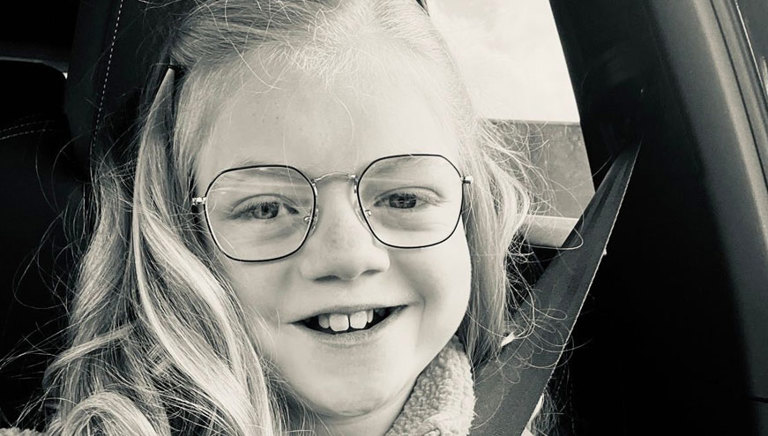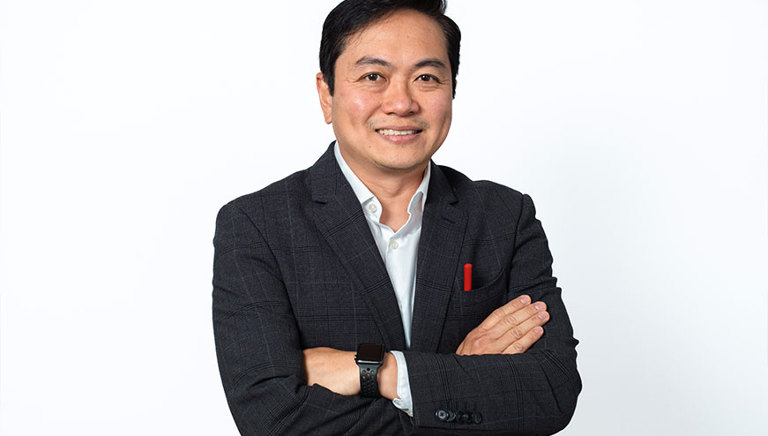‘I don’t let Fabry disease stop me from doing what I want to do'
Fabry disease is a rare disorder caused by an enzyme deficiency in the body. University of Southampton student Sebastiaan Van Dyck from Belgium describes his journey with Fabry disease and how he copes with the condition.
I’m Sebastiaan Van Dyck. I’m 20 years old from Belgium, and I was diagnosed with Fabry disease four years ago.
My goal is to inspire people and shed a positive light on what it’s like to live with Fabry disease. There are too many negative stories out there about living with rare diseases. I want mine to be different. I want mine to be a testimony of what it looks like when you try to make the best out of a tough situation.
My Fabry story began when I started suffering from headaches. In the beginning, they didn’t bother me too much but as I got older, my headaches started to get worse. I can still remember sitting in my room and not being able to study because my brain felt like it was going to bounce out of my head.
It took me a while to come to terms with having Fabry, but I try to stay positive about it now and I have more hope for the future. Sebastiaan
My mother, who is a doctor, was worried about my symptoms so I was sent for tests with a neurologist when I was 16. After school one day, we went to the hospital for a brain scan and again were told that I had nothing to worry about. Two weeks passed and I had completely forgotten about it until I was back in the appointment room and heard the words: ‘The result is a little bit worrying’.
My doctor told me that there were spots in my brain that don’t work anymore, initially guessing that I had Multiple Sclerosis (MS).
Well, it turned out that I didn’t have MS. It took me around four months to hear the words ‘You have Fabry disease.’ Fabry disease? I had no idea what that meant.
Simply put, Fabry disease is a rare, inherited disorder caused by the deficiency of an enzyme in the body, which leads to a build-up of a certain kind of fat in the blood vessels and organs. Symptoms include pain in the hands and feet, skin spots, stomach issues, and hearing loss to name a few.
For the next few months, I had regular appointments in the hospital with different doctors – a dermatologist, a cardiologist, and an optometrist to check everything from my lungs to my skin and eyes to get an idea of how Fabry was affecting me. They ended up discovering damage to my liver and lungs, as well as small spots on my skin.
Because Fabry is a rare disease, it can be difficult to find people who know what it’s like to live with it – who actually know what it’s like to read on the internet ‘life expectancy with Fabry disease, 35 years’. That was really hard. I remember asking myself: If I’m only going to live until I am 35, why should I continue with school? Why should I do anything at all? Why do I have to have Fabry? Why me?
My Fabry specialist has been really great at taking time to explain everything and always makes sure I’ve had all my questions answered. What I wish, though, is that doctors would recognise the psychological impact of rare diseases and suggest ways to cope with it. To me, the emotional symptoms are just as important, and they take a very heavy toll on me personally. It’s hard sometimes knowing I can’t do everything I want to do.
What turned things around for me was realising I did, in fact, have a certain amount of control over my disease. I finally started treatment to prevent further damage to my organs and worked with my doctor to manage the symptoms of the disease itself. I travelled to the hospital every two weeks, and eventually, it became so routine that I was barely ever thinking about Fabry.
It took me a while to come to terms with having Fabry, but I try to stay positive about it now and I have more hope for the future.
I don’t let Fabry stop me from doing what I want to do. I’m about to start university in Southampton and I’ve just finished an internship so I’m looking forward to seeing how it goes and what could be next for me in the future.
- Rare diseases
Last modified: 20 September 2023
Last reviewed: 20 September 2023

